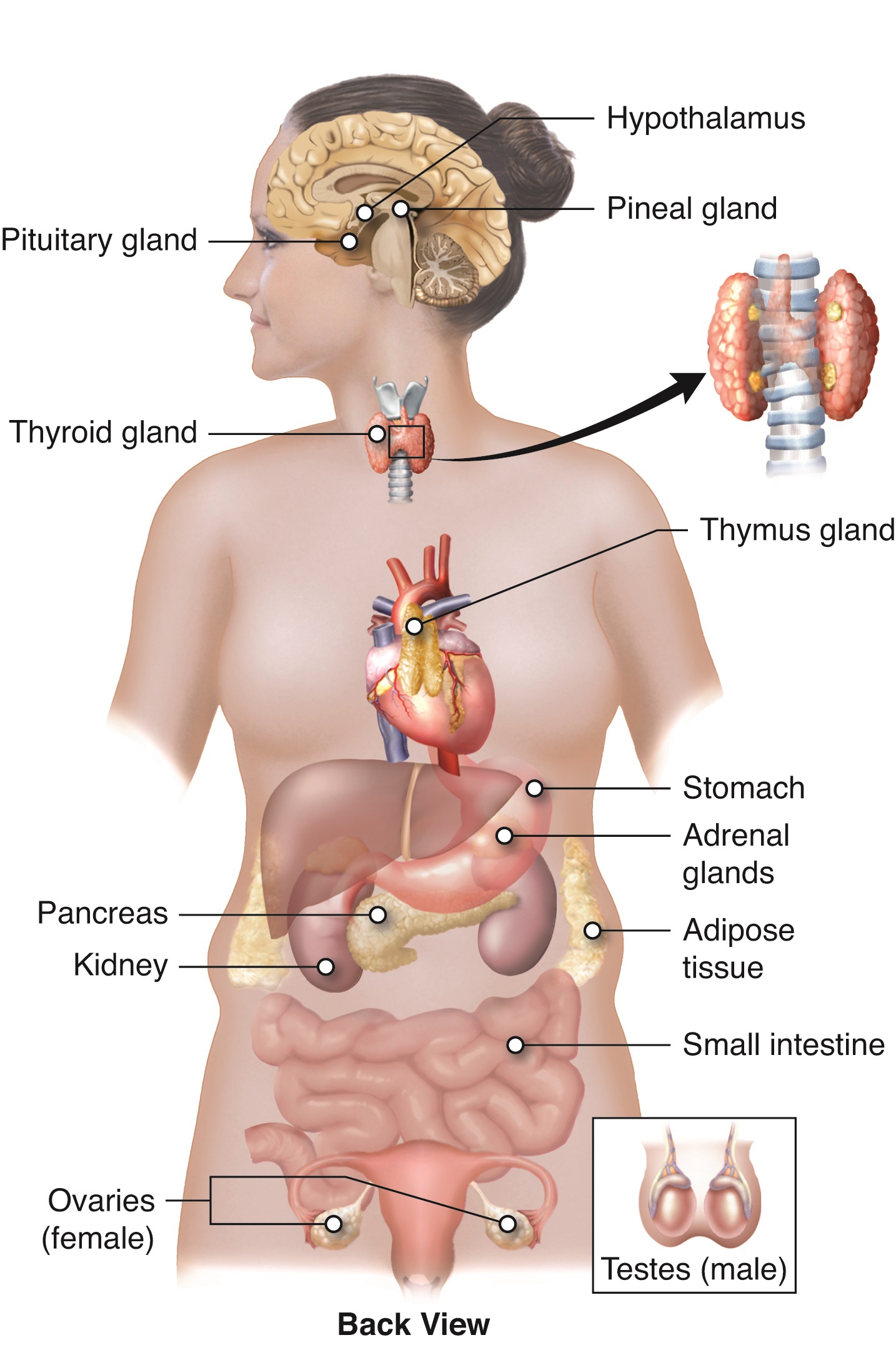
11 Sep What You Need to Know About Endocrinology
Endocrinology is a branch of medicine that focuses on the endocrine system, its diseases, and the hormones it produces. This system plays a part in regulating metabolism, growth and development, tissue function, sleep, and mood, among other things. Here is more information on the field of endocrinology:
Understanding Endocrinology
Endocrinology studies the endocrine system, a collection of glands that produce hormones. These hormones are chemical messengers that travel through the bloodstream to various organs and tissues, regulating their function. The primary glands of the endocrine system include the pituitary, thyroid, parathyroid, adrenal, and pineal glands, as well as the pancreas and the reproductive glands (ovaries and testes).
An endocrinologist is a physician who specializes in diagnosing and treating disorders related to these glands and the hormones they secrete. Their expertise covers a wide spectrum of conditions that can affect many different systems within the body. The field is complex because a slight imbalance in one hormone can cause widespread effects. The scope of an endocrinologist’s work is to identify these hormonal imbalances and develop management plans to restore normal physiological function.
Managing Common Conditions
Endocrinologists treat a diverse range of conditions that stem from hormonal imbalances. Diabetes mellitus is one of the most common conditions they manage. It is a disorder characterized by high blood sugar levels resulting from the body’s inability to produce or effectively use insulin, a hormone produced by the pancreas. Other conditions that fall within the purview of an endocrinologist include:
- Thyroid Disorders: These involve either an overactive thyroid (hyperthyroidism) or an underactive thyroid (hypothyroidism). Endocrinologists also manage thyroid nodules and thyroid cancer.
- Osteoporosis: A condition that causes bones to become weak and brittle, often related to hormonal changes, particularly a decrease in estrogen after menopause.
- Adrenal Gland Disorders: These can include conditions like Cushing’s syndrome (excess cortisol) and Addison’s disease (insufficient cortisol).
- Pituitary Gland Disorders: Problems with the pituitary gland can affect growth, blood pressure, and reproduction.
- Reproductive Health Issues: Endocrinologists also address conditions like polycystic ovary syndrome (PCOS) and certain causes of infertility.
Identifying Treatment Approaches
The diagnostic process in endocrinology typically begins with a detailed medical history and a physical examination. An endocrinologist will ask about symptoms, family history, and lifestyle factors. To measure hormone levels and assess gland function, blood and urine tests are standard diagnostic tools. These tests can detect excesses or deficiencies in specific hormones.
Imaging studies, such as ultrasound, CT scans, or MRI, are used to visualize the endocrine glands and identify structural abnormalities like tumors or nodules. Treatments often involve hormone replacement therapy to restore balance. Individuals with hypothyroidism may be prescribed synthetic thyroid hormone. In other cases, medication can suppress hormone production or manage symptoms.
Find an Endocrinologist
Endocrinology is the medical specialty dedicated to the endocrine system and the hormones it produces. An endocrinologist diagnoses and treats a wide array of conditions, including diabetes, thyroid disorders, and osteoporosis, that arise from hormonal dysregulation. The diagnostic process involves detailed testing to measure hormone levels, while treatment plans are designed to restore hormonal balance and manage symptoms. This specialized field of medicine addresses the intricate network of hormones that regulate bodily functions. To learn more about your endocrine system, consult with a qualified endocrinologist.

No Comments